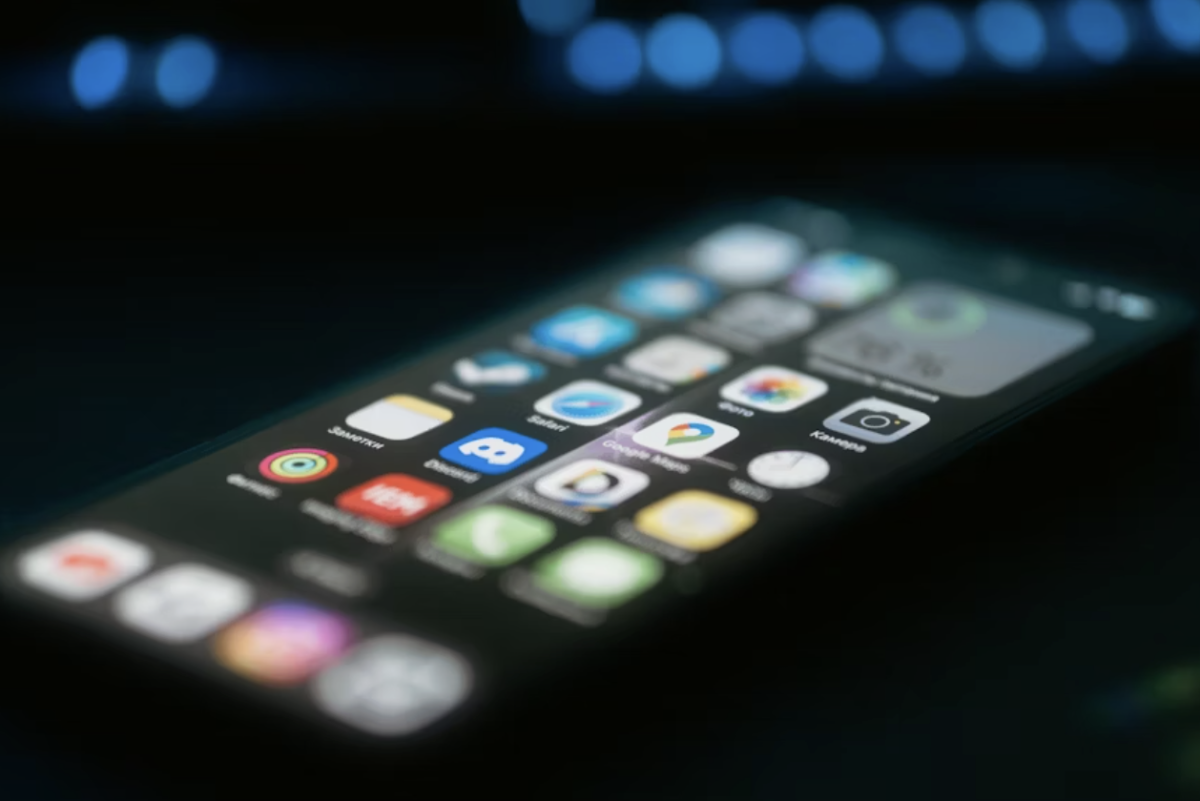Anxiety and depression are two of the most major life-changing illnesses that lurk and can take hold of a person's entire life. Dealing with said disorders is not easy for a person and takes time and/or medication to address. While you can't remove it entirely from your life, you can most definitely reduce it and learn ways to cope with it. However, many people continue to struggle because social media and technology impacts their brains, sometimes causing these issues to develop or worsen.
Doomscrolling is a habit that can create these types of disorders and have a chokehold on someone. It increases your screen time and hurts your brain far more than you’d assume it would. The truth is, spending time staring at your phone builds up stress, anxiety, and can destroy your self-esteem.
In fact, the National Library of Medicine reported that “…adolescents who spend more than five hours per day on digital devices are 70% more likely to have suicidal thoughts or actions than those who spend less than an hour a day.”
This is likely to happen when we avoid face-to-face interaction and talk through screens where people can and will cyberbully, leading to isolation and depression. This can happen because of the content we ingest and the way we perceive and interpret it. A prettier person posting can create the feeling of jealousy. Envy may arise, making you feel less confident in yourself.
Whilst doomscrooling may be one of the ingredients to making a person miserable, it is not the only one. Playing video games and staring at a screen for hours on end is another element that impacts people. When you’re playing games and staring into the void of your screen, your brain’s sensory system overloads, shatters your attention, and consumes your mental reserves.
Stopping the addiction of needing to be on your phone isn't an easy objective and takes a lot more than just trying to refrain from using it. To start off, you have to acknowledge your addiction and know how you're going to deal with it. You can ease out of it slowly by starting your day off without using your phone for the first 10-20 minutes after waking up and before you’re about to go to sleep.
Other ways to get yourself off the screen include setting time limits on devices, which allows you to stray away from unnecessary screen time usage. Exercising and socializing are other ways to kill your phone cravings.
Phones and devices control us far more than we understand, casting curses and building up to develop disorders that, in some ways, can be deadly. It's important to know when and how to use devices, and to learn how to control habits like these.








